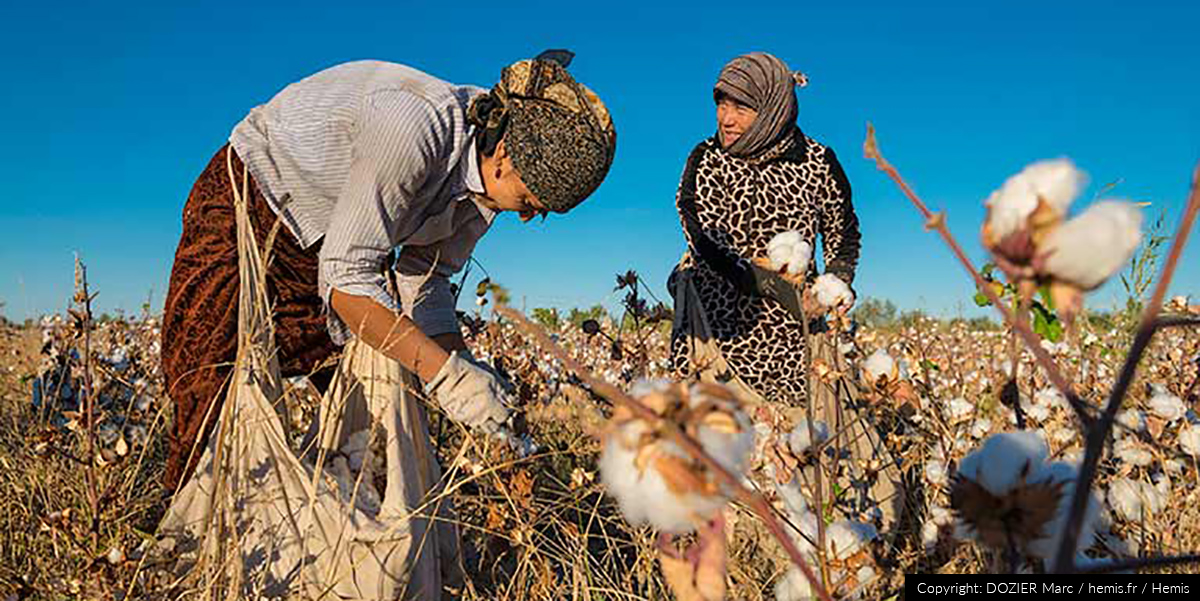Support for the Implementation of the Decent Work Country Programme in Uzbekistan
This project built the capacity among national and local stakeholders to advocate for a reduction in child labor and forced labor and to promote fundamental principles and rights at work through the framework of the Decent Work Country Program agreement between the Government of Uzbekistan and the ILO.



